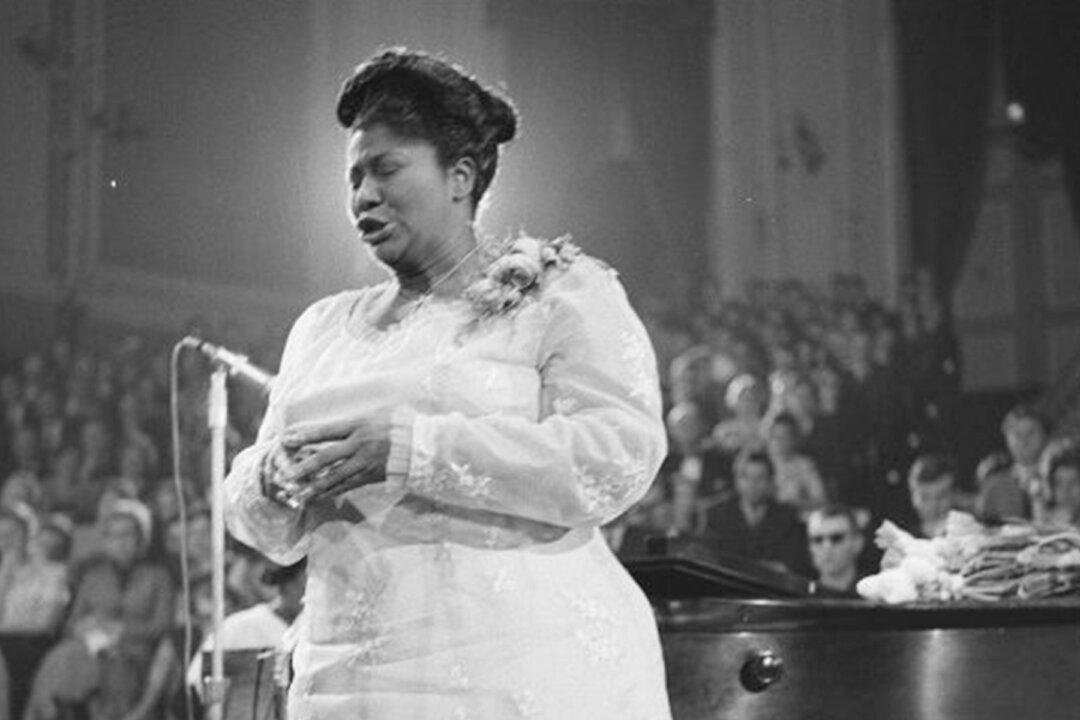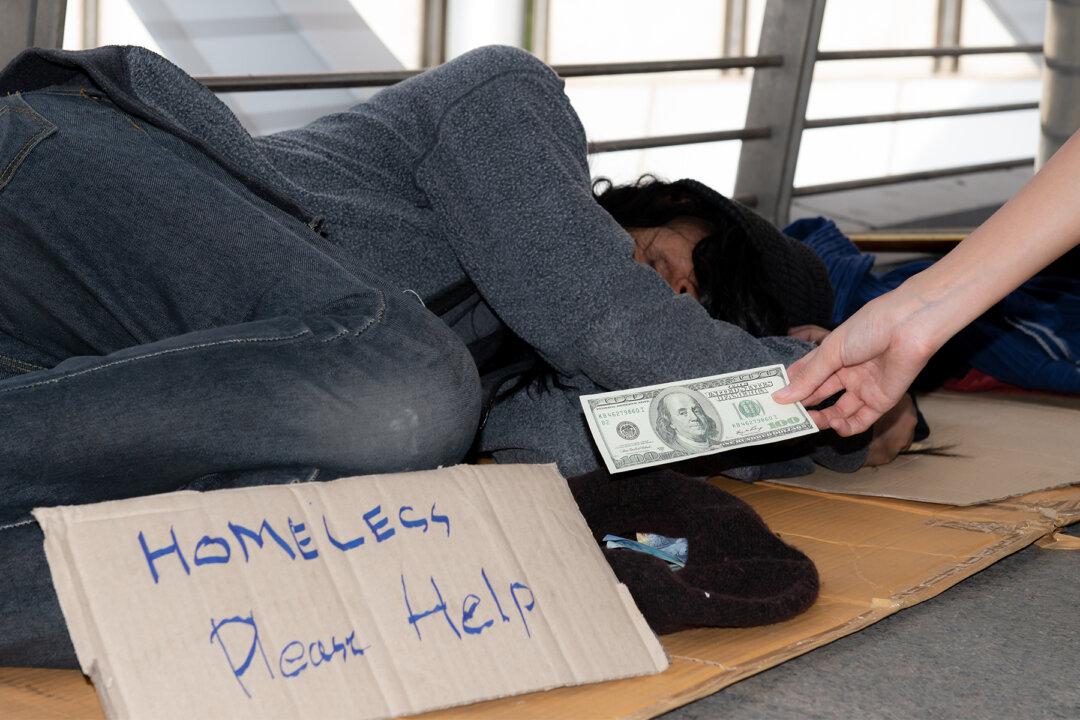African-American spirituals are a valuable part of American history. Born out of an oral tradition that reveals Christian values while describing the hardships of slavery from the period of 1600 to 1870, the music and melodies of these songs are still being performed and appreciated today.
The negro spirituals are usually sung as part of Black History Month, which is observed during February each year.





